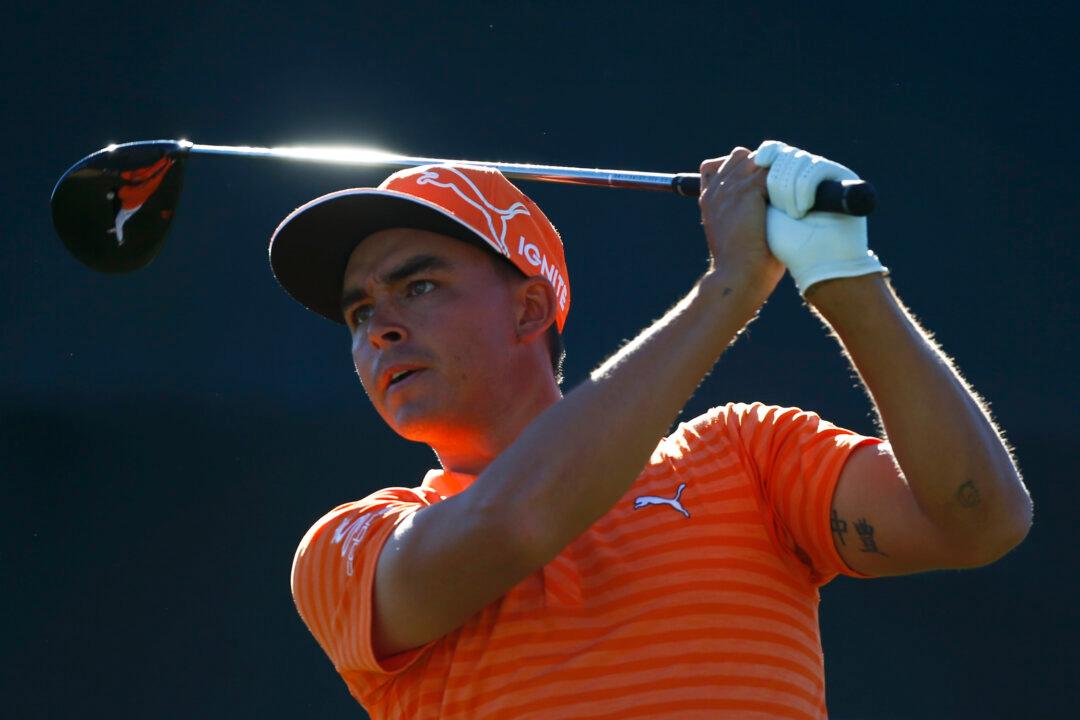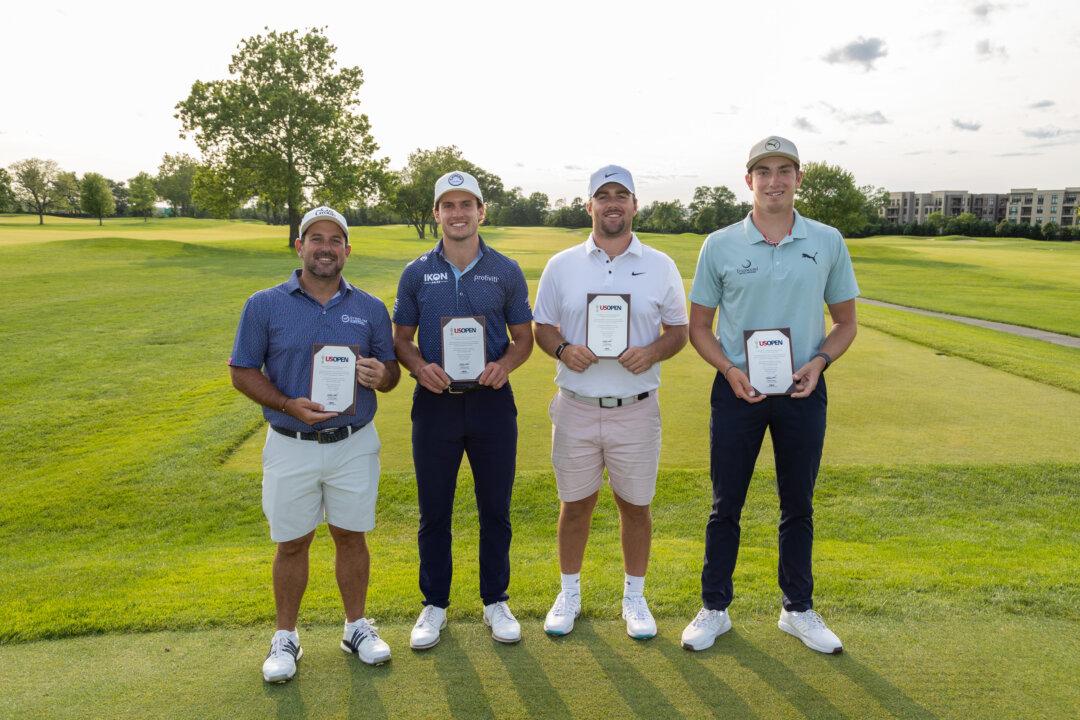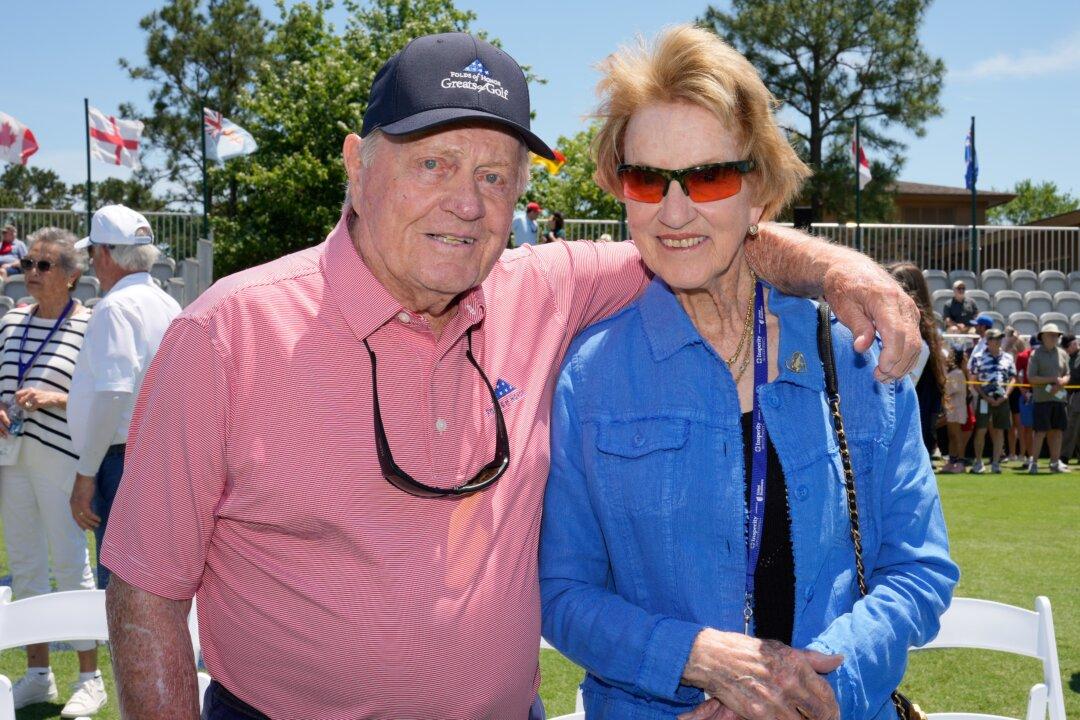When Rickie Fowler entered the pro golf scene late in ‘09 there was plenty of hype the former world number one amateur would hit the ground running in the professional ranks. Not until 2012 did Fowler win his first PGA Tour event—the Wells Fargo.
Fast forward to the start of 2014 and the sounds from the fan base—and including the media—had become much, much louder and equally concerned. The feeling was good ole Rickie was, as they say in Texas, all hat no cattle. In sum, Fowler was more the creation of Madison Avenue—the Anna Kournikova of professional golf. Fowler had a number of big time endorsements, was a colorful fashion plate—courtesy of his ties to Puma—and often times sought to tweak golf’s establishment by letting his hair grow long and positioning his cap in anything but the traditional manner. Rickie the rebel was in full bloom.
But it was in ‘14 that Rickie started to build a record that actually showed substance with real golf tournament successes. Fowler finished in the top five in each of the four majors—something only Tiger Woods and Jack Nicklaus had done previously. Not bad company to be mentioned for sure, even though the aforementioned all-time greats won at least one major in doing so. Fowler didn’t win any of the four jewels in golf’s crown, but he showed a resilience, a desire to keep on grinding for the duration of each event.
In ‘15 Rickie took a major step in demonstrating he was far more than a hyped-up walking billboard on golf’s prized fairways. Last May Fowler earned his second PGA Tour title with a win at The Players Championship—golf’s fifth major. Fowler won the event with brilliant play on golf’s most vexing hole—the island par-3 17th. In five trips to the hole Fowler birdied the hole four times—including the final time when winning the aggregate playoff for the title. Prior to last year’s Open Championship at The Old Course at St. Andrews, Rickie claimed the Aberdeen Asset Management Scottish Open showing a prowess in dealing with demanding wind conditions at Royal Aberdeen and a solid field of competitors. When the Fed-Ex Playoffs got going, Fowler bagged the second event in the series—The Deutsche Bank Championship—besting Sweden’s Henrik Stenson down the stretch for his 3rd PGA Tour title.
Just about a month ago Fowler continued to demonstrate a capacity to seize the moment,- winning again on foreign soil at the Abu Dhabi HSBC Golf Championship against another solid field that included world number one Jordan Spieth and former world number one Rory McIlroy. The win propelled Fowler to his highest ever world ranking—4th.
And just last week Fowler was again in prime position to add his 5th win over the last 9 months, at the Waste Management Phoenix Open. Fowler stood in near command as he awaited to tee off on the 70th hole of the event—the short par-4 17th—with a two-stroke lead over his playing partner Japan’s immensely talented 23-year-old Hideki Matsuyama. The choice should have been a simple one. Fowler would likely hit an iron and force his rival to play catch up. Instead, Fowler opted for driver and somehow managed to hit the front section of the green and then watch it roll all the way to a water hazard lurking behind the putting surface. Instead of arriving at the final hole with a lead of some type, Fowler was tied and was forced to birdie the final hole just to keep himself alive in a playoff. After tying three holes during the playoff the action then shifted again to the 17th. Fowler did not hit driver but this time pull-hooked a 3-metal club into water down the left side. Net result? Rickie went from near certain winner to poor-thinking runner-up.
Nonetheless, the 27-year-old California native elevated his name up the golf pantheon and is now pushing for consideration with the likes of Spieth, McIlroy and Aussie Jason Day. However, Fowler has yet to earn a major title, and until he does his critics will continue to position him as a supporting player rather than a marquee global star matching that of golf’s newest Big Three.





